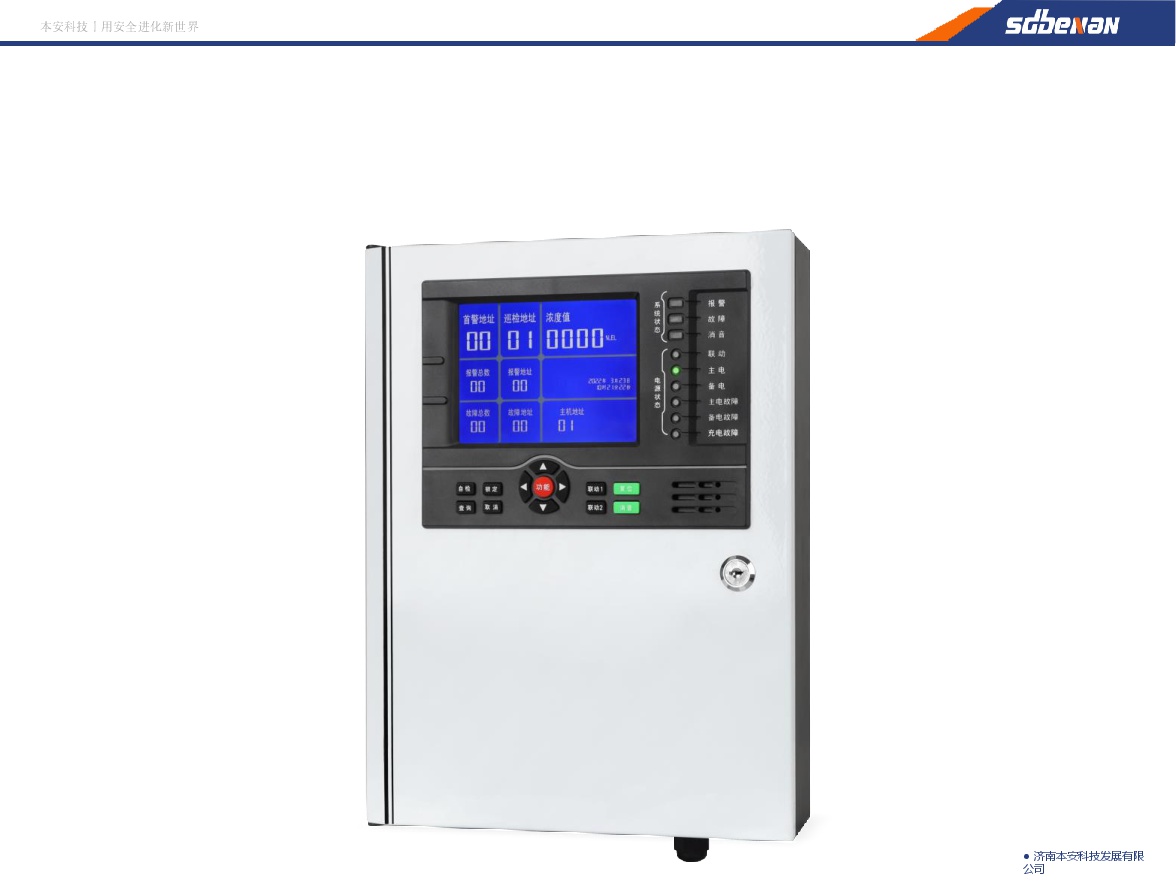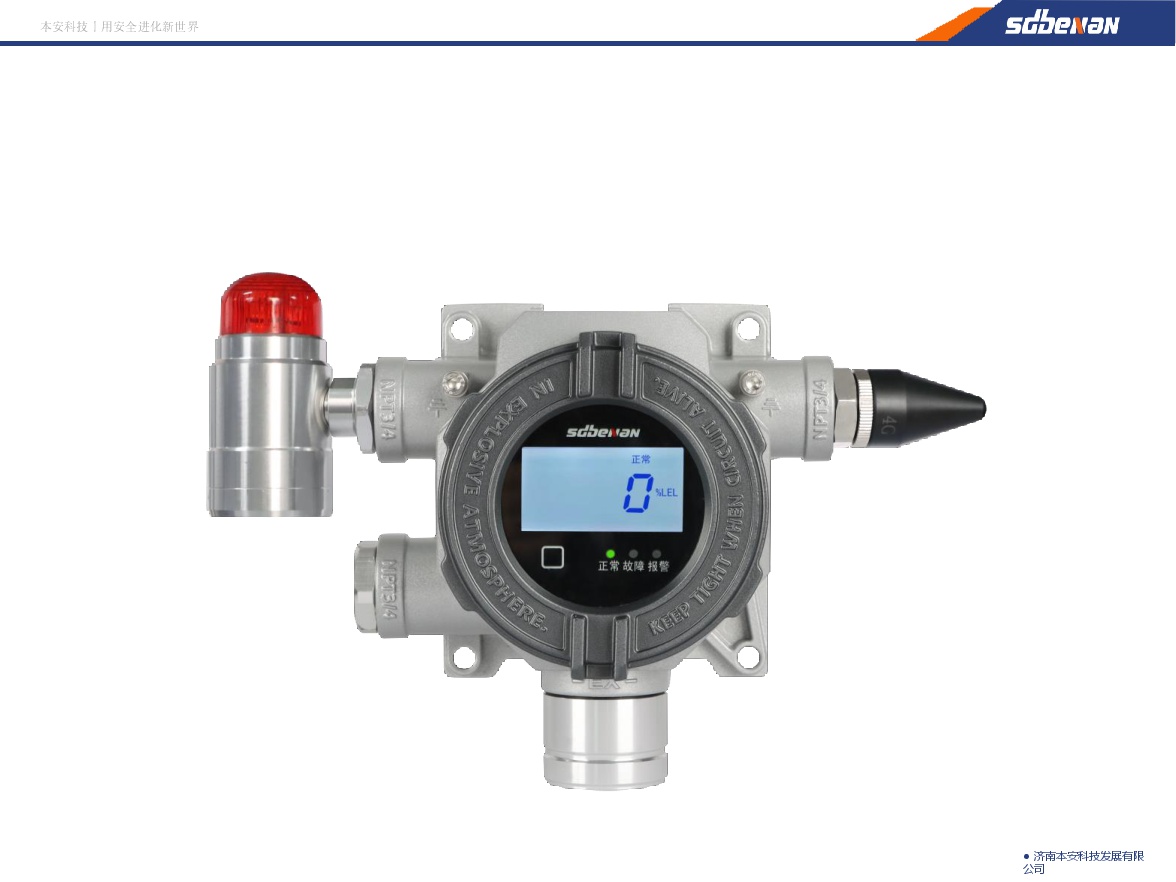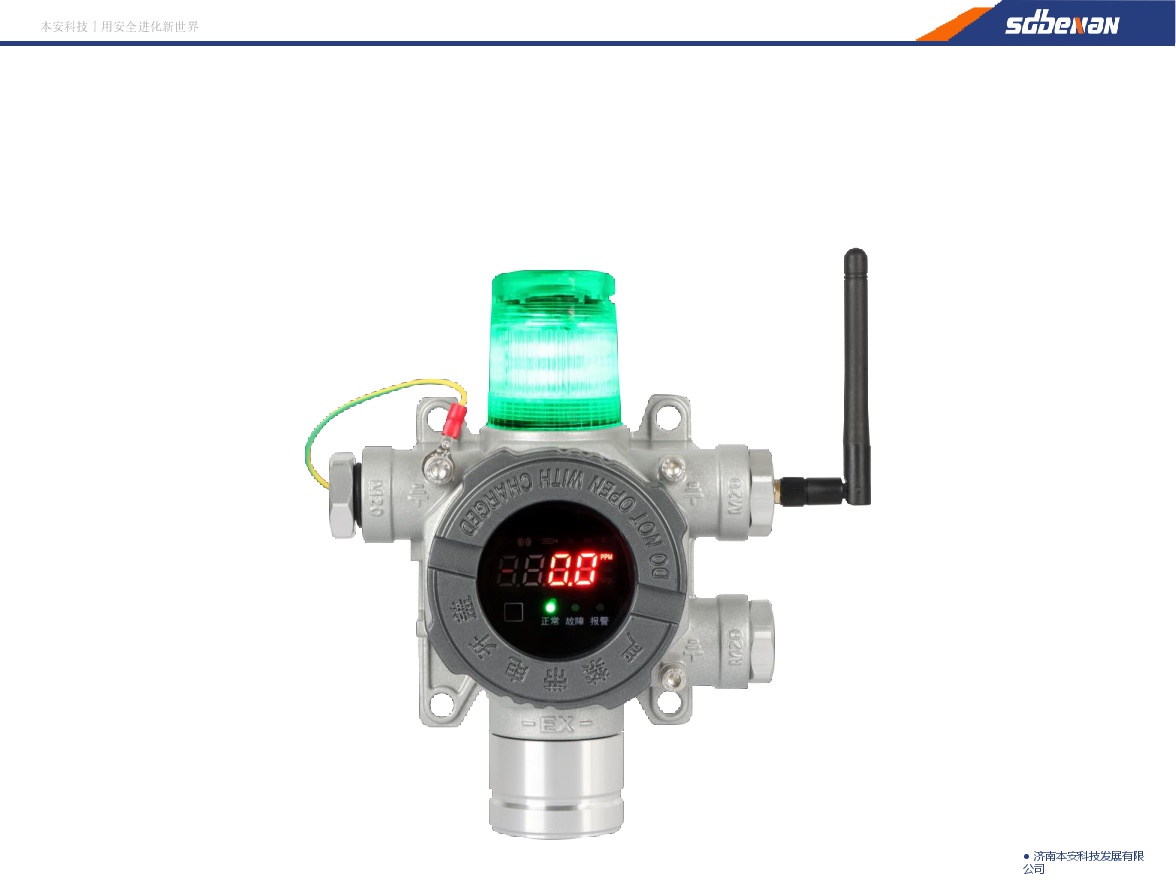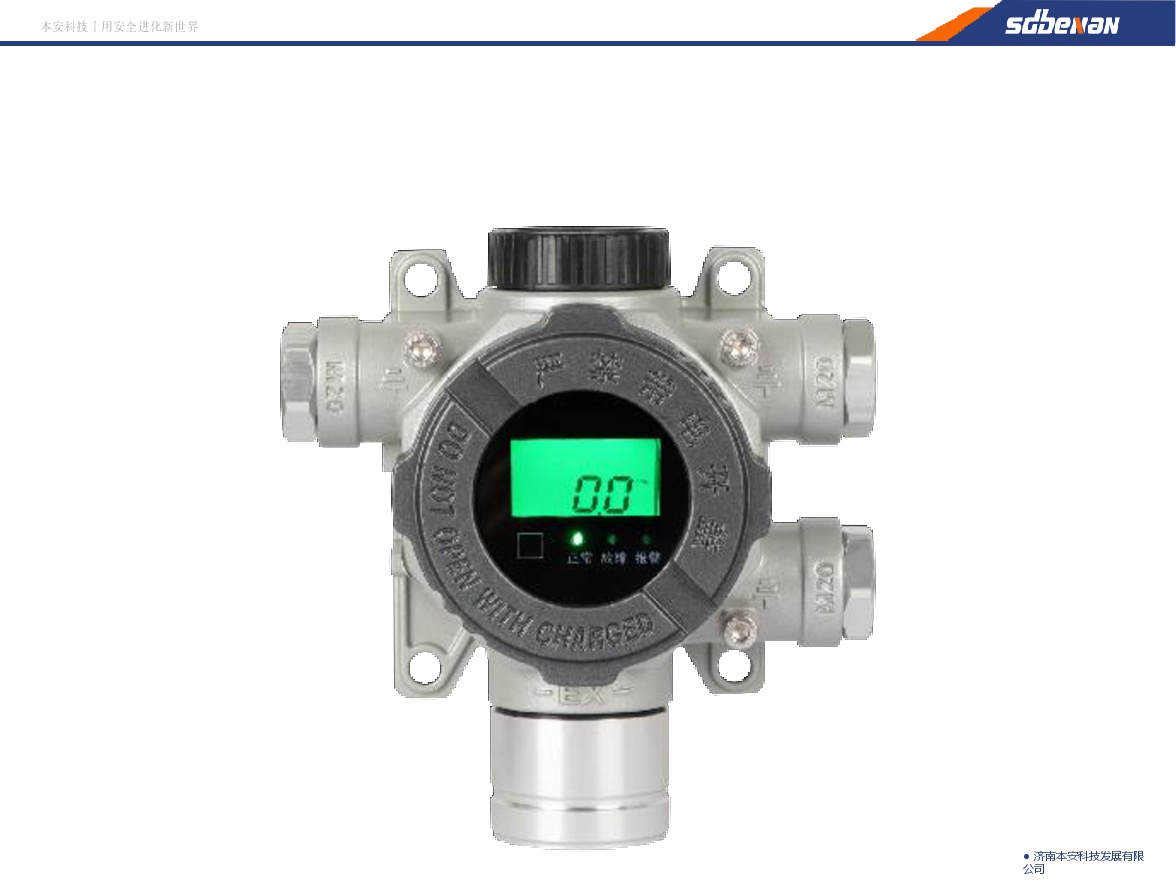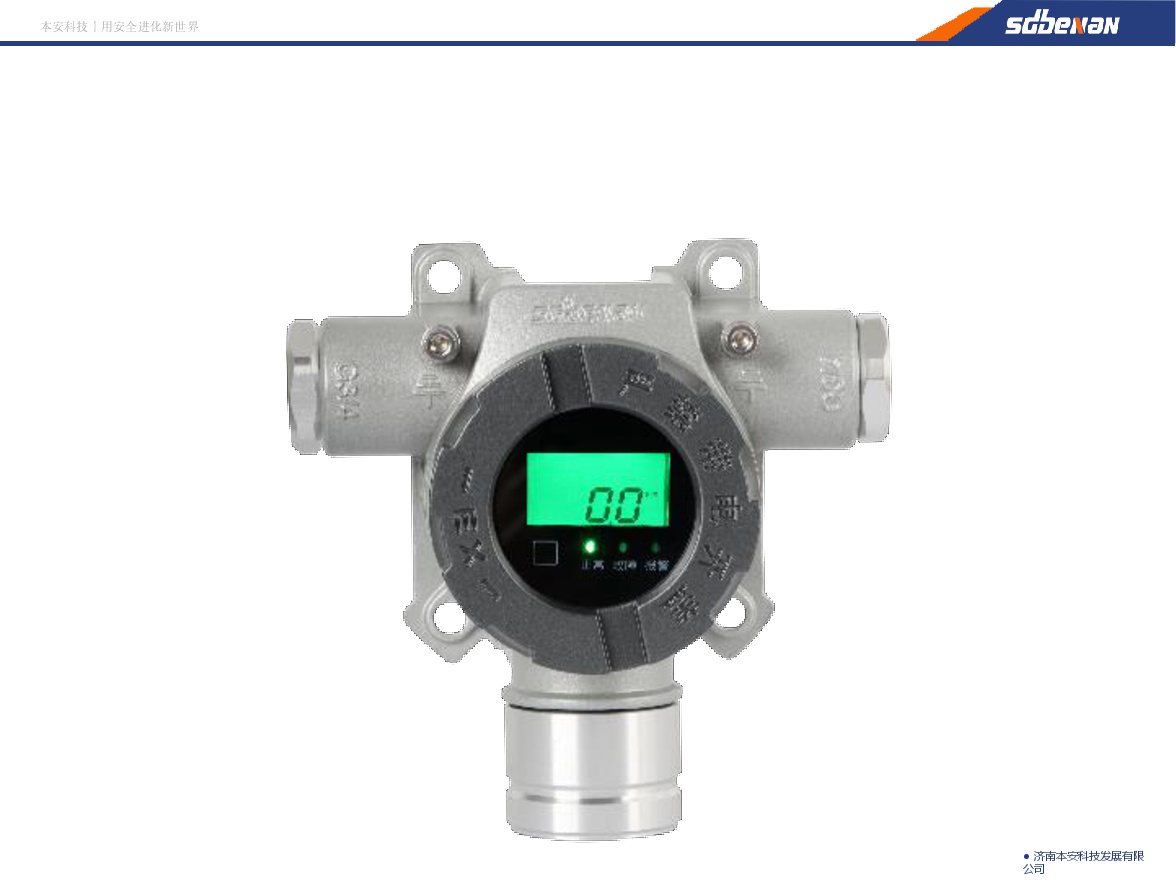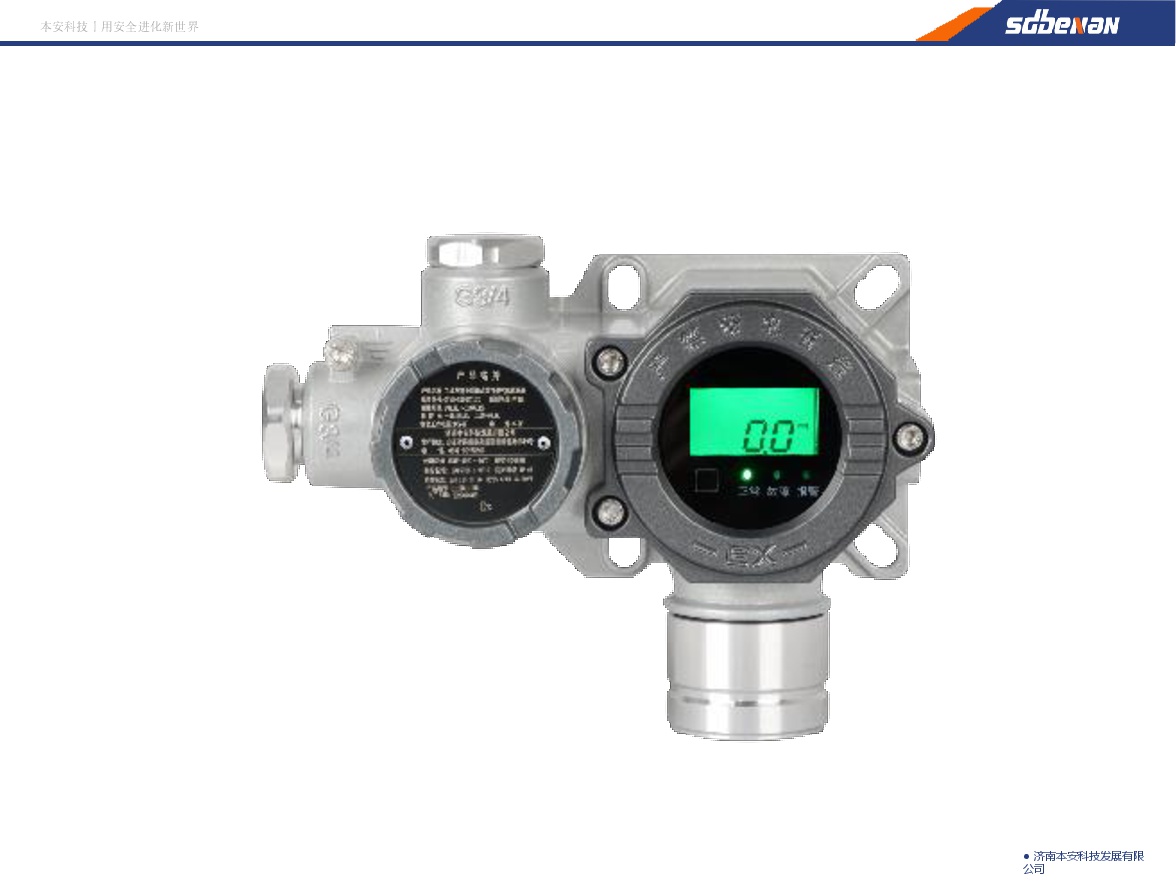Wedoany.com Report-Apr 1, The Algerian government has projected that wheat production will remain stable during the upcoming marketing year, 2025-26, necessitating the import of over 9 million tonnes to meet domestic demand. According to the U.S. Department of Agriculture’s Foreign Agricultural Service (FAS), wheat imports are estimated at 9.2 million tonnes for the marketing year beginning in July 2025. This forecast aligns with the expectation that the 2024-25 season’s import levels will remain unchanged, based on a projected similar harvest.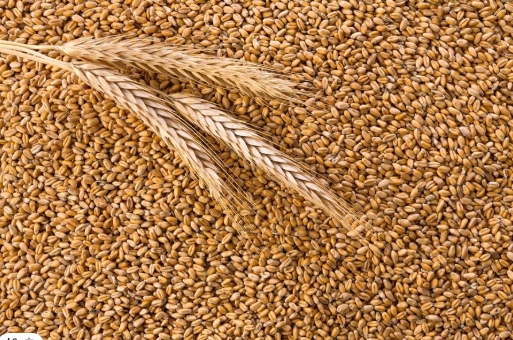
Russia remains the leading wheat supplier to Algeria, while Ukraine has emerged as a key new source. France, however, has sharply reduced wheat exports in the current marketing year. Wheat and barley are Algeria’s primary crops, with durum wheat dominating the planting area at 45%, followed by barley at 33% and bread wheat at 15%. Both wheat and barley production are projected to stay stable in 2025-26, with wheat harvest forecasts at 3 million tonnes and barley at 1.2 million tonnes, unchanged from the previous year.
Algeria is a major consumer of cereals, with a per capita bread consumption of 110 kg annually. The government anticipates that consumption will grow slowly alongside population growth, which is estimated at just over 46 million people. Wheat consumption is forecast to remain steady at 11.9 million tonnes in 2025-26, with an estimated 11.7 million tonnes for 2024-25.
Barley is primarily consumed as feed for livestock, with minor uses for traditional dishes like couscous and bread. Consumption for 2025-26 is expected to rise by 50,000 tonnes compared to the previous year, with Algeria importing 700,000 tonnes to meet domestic needs. Recent years have seen corn imports emerge as the second leading agricultural import after wheat. The FAS notes that corn imports will remain between 4 million and 5 million tonnes annually, while the rising crush industry producing oil will contribute to soybean imports between 1.4 million and 1.6 million tonnes per year. The focus on diversifying agricultural imports reflects Algeria’s commitment to meeting growing domestic demand.


